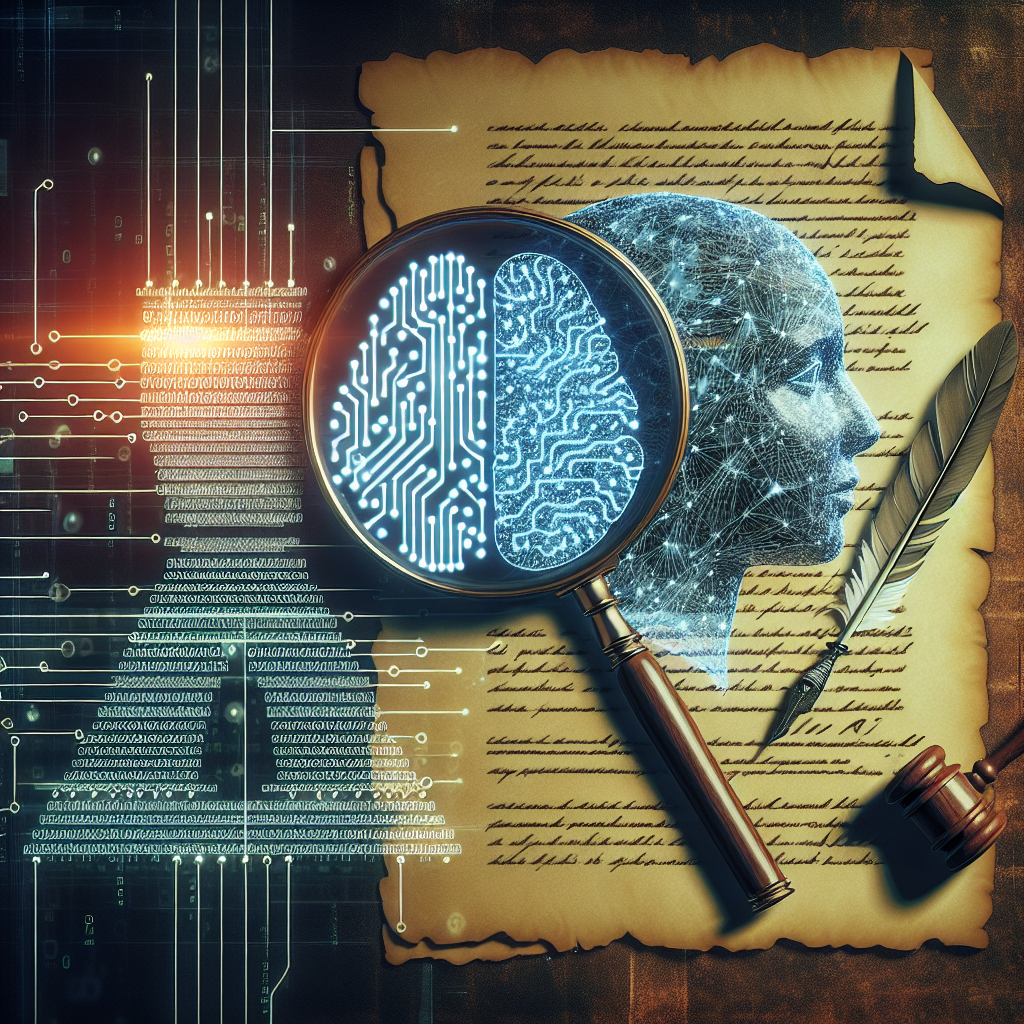In recent years, the rapid advancements in artificial intelligence (AI) technology have raised a number of legal and ethical concerns, particularly in relation to privacy rights. As AI becomes more integrated into our daily lives, it is crucial for individuals and businesses to navigate the complex legal landscape surrounding AI and privacy in order to protect their rights and ensure compliance with relevant laws and regulations.
The Intersection of AI and Privacy Rights
AI technology has the potential to revolutionize countless industries, from healthcare to finance to transportation. However, the vast amount of data required to train AI algorithms poses significant privacy risks for individuals. AI systems can collect, store, and analyze massive amounts of personal data, leading to concerns about data security, consent, and the potential for discrimination and bias in decision-making processes.
Privacy rights are enshrined in various laws and regulations around the world, such as the General Data Protection Regulation (GDPR) in the European Union and the California Consumer Privacy Act (CCPA) in the United States. These laws require organizations to obtain explicit consent from individuals before collecting and processing their personal data, and to implement robust security measures to protect that data from unauthorized access or disclosure.
Navigating the legal landscape of AI and privacy rights requires a deep understanding of these laws and how they apply to AI technologies. Organizations must carefully consider the implications of using AI systems that collect and process personal data, and take steps to ensure compliance with applicable regulations.
Key Legal Considerations
When navigating the legal landscape of AI and privacy rights, there are several key considerations that organizations should keep in mind:
1. Data Protection Laws: Organizations must comply with data protection laws that regulate the collection, processing, and storage of personal data. This includes obtaining consent from individuals before collecting their data, implementing security measures to protect that data, and providing individuals with the ability to access, correct, or delete their personal information.
2. Transparency and Accountability: Organizations using AI systems must be transparent about how they collect and use personal data, and be accountable for the decisions made by those systems. This includes providing individuals with information about the AI algorithms used to process their data, and enabling them to challenge decisions that impact their rights or interests.
3. Bias and Discrimination: AI systems can inadvertently perpetuate bias and discrimination if they are trained on biased data or programmed with discriminatory algorithms. Organizations must take steps to mitigate these risks, such as conducting regular audits of their AI systems to identify and address bias, and implementing measures to ensure fairness and transparency in decision-making processes.
4. Cross-Border Data Transfers: Organizations that collect and process personal data across borders must comply with international data transfer regulations, such as the EU-US Privacy Shield or Standard Contractual Clauses. These regulations require organizations to implement safeguards to protect personal data when transferring it to countries with different data protection laws.
FAQs
Q: Can AI systems collect and process personal data without consent?
A: In most cases, AI systems must obtain explicit consent from individuals before collecting and processing their personal data. However, there are certain exceptions to this requirement, such as when the data is anonymized or aggregated and cannot be used to identify individuals.
Q: How can organizations ensure that their AI systems are compliant with data protection laws?
A: Organizations can ensure compliance with data protection laws by conducting data protection impact assessments, implementing privacy by design principles, and conducting regular audits of their AI systems to identify and address any privacy risks.
Q: What are the potential consequences of non-compliance with data protection laws?
A: Non-compliance with data protection laws can result in significant fines and penalties, reputational damage, and legal action from individuals whose privacy rights have been violated. Organizations that fail to protect personal data may also face regulatory investigations and enforcement actions.
Q: How can individuals protect their privacy rights in the age of AI?
A: Individuals can protect their privacy rights by being vigilant about the personal data they share online, exercising their right to access and delete their data, and advocating for stronger data protection laws and regulations. It is also important for individuals to educate themselves about the risks and benefits of AI technology, and to be aware of their rights and responsibilities in relation to data privacy.
In conclusion, navigating the legal landscape of AI and privacy rights requires a proactive approach to compliance and risk management. Organizations must be aware of the legal obligations and ethical considerations surrounding AI technologies, and take steps to protect the privacy rights of individuals. By understanding the key legal considerations and implementing robust data protection measures, organizations can harness the power of AI technology while safeguarding privacy rights for all.

